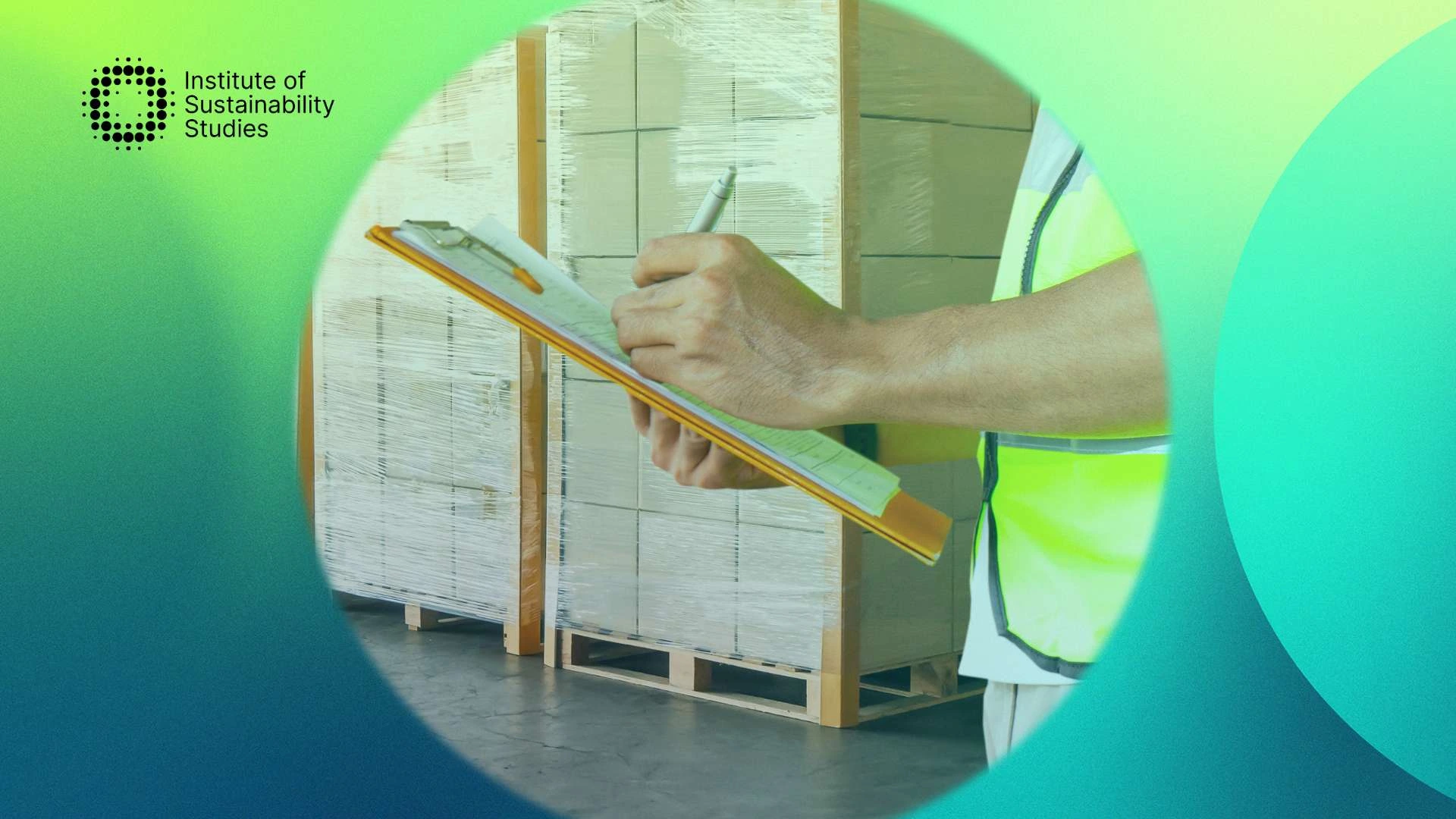The Global Plastics Treaty represents a pivotal step in addressing one of the most pressing environmental challenges of our time: plastic pollution. Spearheaded by the United Nations Environment Programme (UNEP), this international agreement aims to create a legally binding framework to eliminate plastic waste, manage its entire lifecycle, and promote sustainable alternatives.
As plastic pollution continues to threaten ecosystems, human health, and the climate, the treaty underscores the importance of integrating a robust sustainability strategy to reduce plastic production, improve waste management, and accelerate the transition to a circular economy. Global cooperation is key to achieving these goals. Continue reading as we take a look at the treaty’s key objectives, the critical challenges hindering its implementation, and what must be done to achieve its ambitious targets.
What is the Global Plastics Treaty?
The Global Plastics Treaty is an international agreement currently being negotiated under the United Nations Environment Programme (UNEP), to address the global plastic pollution crisis. Officially known as the UN Treaty to End Plastic Pollution, it seeks to create a legally binding framework to curb plastic waste, manage its lifecycle, and protect the environment from its harmful impacts.
Key objectives of the Global Plastics Treaty
- Eliminating plastic pollution: The treaty aims to prevent and significantly reduce plastic pollution in all environments, particularly oceans, where plastics pose severe threats to marine life.
- Managing the full lifecycle of plastics: The treaty recognises that addressing plastic pollution requires interventions at every stage of the plastic lifecycle – from design, production, and consumption to disposal and recycling.
- Promoting a circular economy: By encouraging reuse, recycling, and sustainable alternatives to plastics, the treaty seeks to reduce waste and dependence on virgin plastic production.
- International cooperation and funding: The treaty will facilitate knowledge sharing, capacity building, and financial support for developing nations to adopt sustainable plastic management practices.
- Protecting human health and the environment: Plastic pollution not only contaminates ecosystems but also impacts human health through microplastics and harmful chemicals. The treaty seeks to mitigate these risks.
Challenges in implementation
Implementing the Global Plastics Treaty comes with significant challenges due to its scope, complexity, and the varying interests of stakeholders worldwide. Below are some key obstacles that must be addressed for the treaty to be effective:
Diverging interests among nations
Countries have differing levels of economic dependence on plastics. For instance:
- Developed nations may focus on reducing consumption and improving recycling systems.
- Developing nations, particularly those reliant on plastic production or imports, may prioritise economic growth and job preservation.
Balancing these priorities and ensuring fair outcomes for all countries remains a challenge.
Global plastic production and industry resistance
The plastics industry, including petrochemical producers, generates significant economic value and employment. However:
- Resistance to regulations that limit production or impose taxes can slow progress.
- Lobbying by plastic and fossil fuel industries may hinder strong commitments to phase out virgin plastic production.
This highlights the need for incentives to transition industries towards more sustainable solutions.
Inadequate waste management infrastructure
Many countries, particularly in the Global South, lack the infrastructure to manage plastic waste effectively:
- Poor collection and recycling systems result in significant plastic leakage into the environment.
- High costs associated with upgrading waste infrastructure can hinder progress, requiring financial and technical support.
Dependence on single-use plastics
Single-use plastics remain deeply embedded in global supply chains and consumer habits due to their low cost and convenience:
- Sectors like food packaging, healthcare, and logistics rely heavily on single-use materials.
- Creating viable, cost-effective alternatives to plastics requires significant research, innovation, and investment.
Ensuring compliance and accountability
Developing a legally binding treaty is one step, but enforcement is another challenge:
- Countries must establish monitoring mechanisms to track plastic production, waste, and pollution.
- Accountability frameworks, including Extended Producer Responsibility (EPR), need to be implemented globally, which may prove difficult across jurisdictions.
Financing the transition
Implementing solutions outlined in the treaty, such as waste management systems, sustainable materials, and circular economy practices, requires significant funding:
- Developing nations may face financial constraints and will need international support.
- Questions arise about who will bear the financial burden—governments, industries, or international donors.
Technological gaps
The shift to a circular economy for plastics requires innovative technologies for recycling, waste management, and sustainable alternatives:
- Current recycling methods are limited, with only around 9 percent of plastic being recycled globally.
- Developing scalable and economically viable technologies remains a challenge, particularly in low-income countries.
Lack of standardised definitions and metrics
Implementing global standards for plastic use, recycling, and pollution monitoring is critical but challenging:
- Countries currently have differing definitions of recyclable materials and sustainable practices.
- The treaty must establish clear, measurable indicators for progress to ensure consistency.
Conclusion
The UN Global Plastics Treaty offers a bold and necessary blueprint to combat plastic pollution worldwide, addressing its root causes and promoting sustainable, circular solutions. However, achieving the treaty’s objectives will require overcoming significant challenges. For the treaty to succeed, global cooperation, innovation, and accountability will be essential.
As we look ahead, businesses, governments, and individuals all have a role to play in supporting this transformative effort. Our comprehensive sustainability education equips leaders with the knowledge and tools needed to align with global initiatives like the Global Plastics Treaty, empowering businesses to make a meaningful impact.
With years of engineering experience in the construction sector, Alex pivoted his career focus towards sustainability, earning a master’s degree in Finance and Renewable Energy. He currently works as the Operations Manager at the Institute of Sustainability Studies.
A strong advocate for sustainable business practices across various industries, he is dedicated to promoting and practising an environmentally responsible lifestyle.
- Alex Comerfordhttps://instituteofsustainabilitystudies.com/insights/author/alex-comerford/
- Alex Comerfordhttps://instituteofsustainabilitystudies.com/insights/author/alex-comerford/
- Alex Comerfordhttps://instituteofsustainabilitystudies.com/insights/author/alex-comerford/
- Alex Comerfordhttps://instituteofsustainabilitystudies.com/insights/author/alex-comerford/










